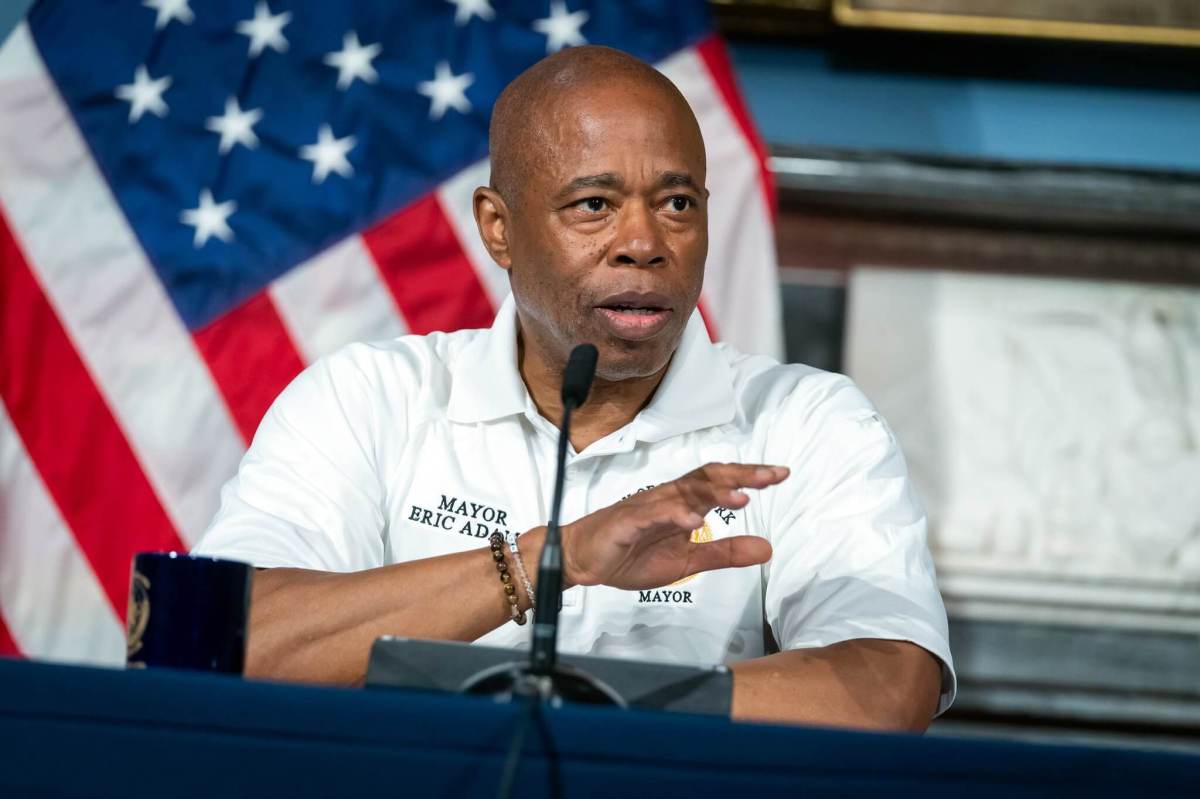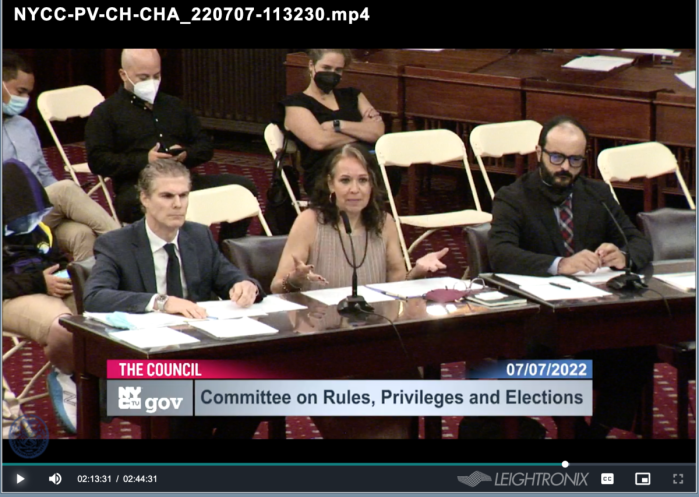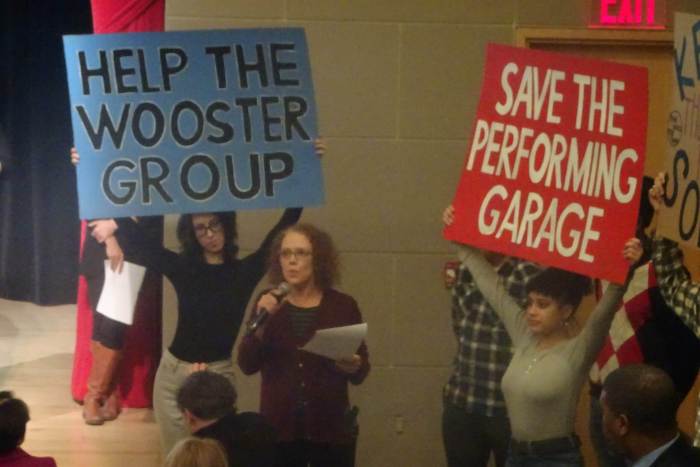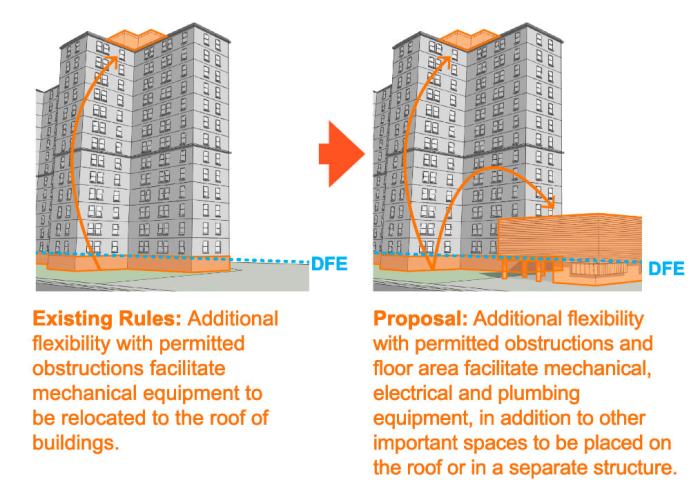The City Planning Commission on Monday approved Mayor Eric Adams’ proposal to overhaul the city’s zoning code to remove some barriers for environmentally sustainable development, sending the plan to the City Council for a vote.
The “City of Yes for Carbon Neutrality” takes aim at the city’s mammoth zoning code which the Adams Administration deems as hindering sustainable development and, by extension, the city’s goals to reduce its carbon footprint.
“In the midst of a climate emergency, the City Planning Commission’s vote represents a bold step towards tackling our city’s carbon emissions,” said commission chair Dan Garodnick. “City of Yes for Carbon Neutrality will create a more energy-efficient city, one where the sun powers our homes, where cars on our roads are low- or zero-emission, where our air is cleaner, and where composting puts our garbage to work rather than in a landfill.”
Rules governing rooftop solar panel arrays would be relaxed under the amendment, allowing panels to be installed at greater heights and in different orientations. The new policy would replace a patchwork of height-based rules that were so complex that developers often abandoned solar projects instead of dealing with them.
Zoning barriers would also be removed to allow widespread development of solar panel arrays atop parking lots, which the administration says would open up 8,500 acres of land across the city for solar energy development, enough to power 130,000 homes.
The amendment would greatly expand the availability of electric vehicle charging by permitting it in all commercial and manufacturing zones; expands the amount of land available for composting facilities; and allows for greater use of “porous pavement” and rain gardens to absorb stormwater runoff.
It also loosens regulations on the thickness of walls and roofs that landlords have cited as hindering the electrification of their buildings, a key component of meeting the emissions reductions set out in the landmark Local Law 97.
The commission voted almost unanimously to send the proposal to the City Council, with Staten Island commissioner Alfred Cerullo dissenting.
“This is a clear win for climate change to modernize zoning codes that accelerate building decarbonization,” said John Mandyck, CEO of the nonprofit Urban Green Council. “Urban Green was proud to partner with Chair Garodnick and DCP to identify common sense zoning changes that will usher carbon emission reductions for NYC. City of Yes for Carbon Neutrality is ensuring that decarbonization is doable at a time we need it most.”
Carbon neutrality is the first of three “City of Yes” proposals tackling the zoning code the Adams administration has proposed, both of which also must snake through the city’s labyrinthine land use review process. The other two concern economic development and housing.



































